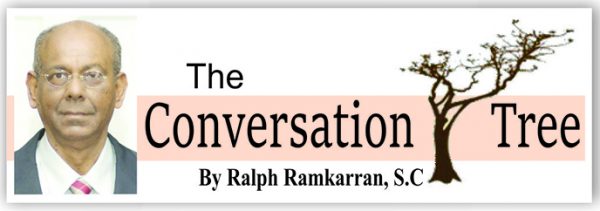
Among the famous doubters that William Shakspere was the dramatist William Shakespeare are: Harry Blackmun (1908-1999) US Supreme Court Associate Justice; Charlie Chaplin (1899-1977) actor/comedian; Ralph Waldo Emerson (1803-1882) poet; Sigmund Freud (1856-1939) psychotherapist, John Galsworthy (1863-1933) Nobel prizewinning novelist; Sir John Gielgud (1904-2000) Shakespearian actor and director; Henry James (1843-1916) novelist; Lord Palmerston (1784-1865) British Statesman; Lewis Powell (1907-1998) US Supreme Court Associate Justice; Mark Twain (1835-1910) American writer; Walt Whitman (1819-1892) American poet; Charles Dickens (1812-1870) British novelist; Sir Mark Ryland (1960- ) Shakespearian actor.
I encountered the subject several decades ago and was impressed by the arguments. A few years later, 100 Shakespearian scholars issued a letter claiming, without evidence, that William Shakspere was indeed William Shakespeare. I was duly deflated, but continued to harbour doubts. All the while a significant body of opinion grew, supporting the view that there is an authorship question. After some hesitation, I re-engaged with the subject and now, on Shakspere’s birth and death anniversaries, I have summoned up the courage to defy the 100 scholars – experts in Shakespeare’s works, but not necessarily in Shakspere’s life. I rely on the numerous scholars and writers who have devoted decades to examining the evidence and who have pronounced in favour of there being an authorship question.
Shakspere allegedly attended a grammar school in Stratford-upon-Avon as a child. No records of the school survive, so Shakspere’s attendance is assumed. The plays and poetry of William Shakespeare reveal him to be a man of great scholarship, well read, highly educated, knowledgeable in several languages, familiar with games and pastimes of the nobility and their norms, behaviour and attitudes, had knowledge of Italy where several plays are based. Yet William Shakspere never attended university, left no evidence of education or training, had no known access to a library or books, had no means of knowing any language other than English, had no known contact with the nobility and never left England. What are the chances of a genius who has written at least 37 plays, 2 long poems and 154 sonnets, leaving no manuscripts, books, letters, notes, writing, or evidence of contact with other writers and no document except a will and 6 shaky signatures, which reveal a person who is clearly uncomfortable with using a quill? This is not sufficient evidence to prove conclusively that William Shakspere was illiterate, as was his father and 70 percent of Elizabethan men, but it certainly begs the question.
The 60 documents about Shakspere that have been discovered have been used by Donna Price in “Shakespeare’s Unorthodox Biography” to outline his documentary life. Among the highlights are: a blank for the years 1585-1591; loans granted by him and legal action to recover others; payment for performances in 1595; a persistent tax delinquent; legal actions against him; purchase of New Place in Stratford-upon-Avon in 1598 and 100 acres in 1602; fined for hoarding grain in 1598; a creator of King’s Men, a Royal acting company; his father’s will instructing his executor to recover a loan of 40 shillings to the wife of “Wyllyam Shaxpere” (different spellings of both names were common); investment in tithes; and purchase of a house near Blackfriars. Shakspere’s documented activities reveal him to be an investor, businessman, moneylender, trader, actor, a convicted hoarder and tax cheat.
The documentary record contains no evidence that Shakspere was a poet and playwright or that he was recognized as a writer during his lifetime, as was all well-known writers at that time and for whom documentary evidence is available today. He was not recognized by anyone in Stratford-upon-Avon as a writer. There was no comment about his disappearance from the literary scene in London after he retired to Stratford-upon-Avon in 1611 at the height of his alleged powers. His passing in 1616 went unnoticed in literary circles. No writer commemorated the passing of one of the greatest dramatists of the day, as usually occurred. Was Shakspere, the illegal grain hoarder and tax cheat, whose wife borrowed money from her father-in-law and did not repay, who bequeathed her his second-best bed and whose daughters were illiterate, also the literary genius, who wrote the greatest works in the English language?
If Edward de Vere used the pseudonym of “William Shakespeare,” there was good reason. At that time, it was an unthinkable violation of convention for a nobleman to publish poetry or plays for performance. It was not until the 1623, in a foreword in the First Folio of Shakespeare’s plays, that Ben Jonson, Shakespeare’s best known contemporary, who allegedly knew that Shakspere was not Shakespeare, used the vague and ambiguous designation, “sweet swan of Avon,” to describe Shakespeare, thereby confusing him with Shakspere. Thus began the greatest literary hoax in history.
(This column is reproduced with permission from
Ralph Ramkarran’s blog, www.conversationstree.gy)




